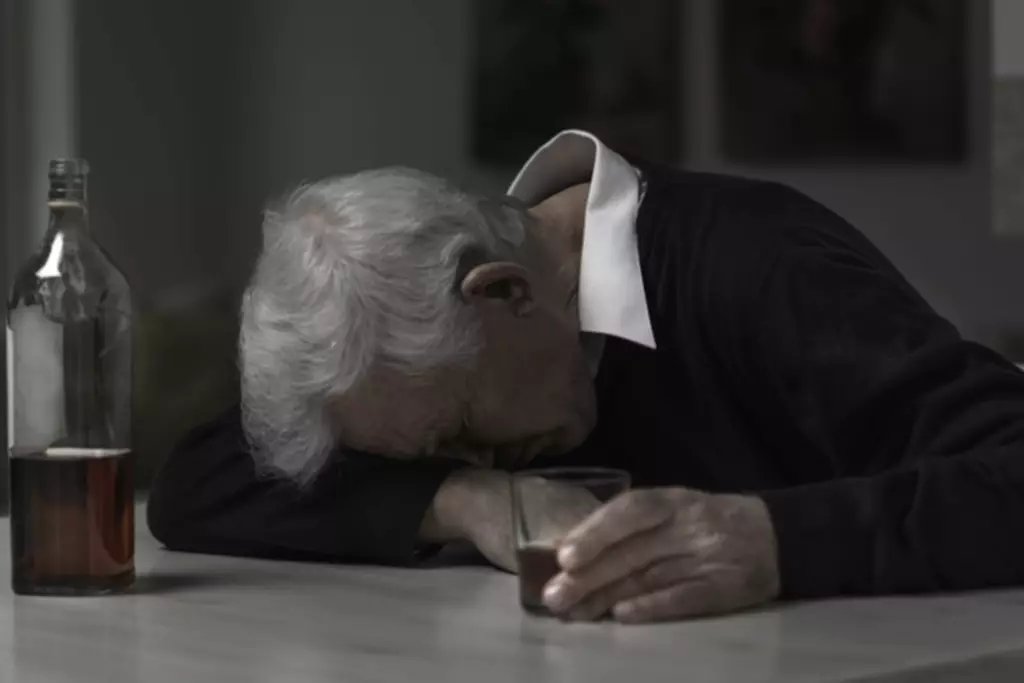Content
- Warning Signs Of Alcoholism
- Mood Disorder vs Personality Disorder
- Coming to terms with reality: predictors of self-deception within substance abuse recovery
- Additional file 1: Drinking-Related Cognitions Scale (DRCS: Translated into English from Japanese). (DOC 92 KB)
- Diminished lifetime substance use over time: an inquiry into differential underreporting
- Comparison between pre-treatment and post-treatment DRCS scores
- What Is the Treatment Process for Alcoholism
Term has a stigma alert, due to the inference of judgement and blame typically of the concerned loved-one. (stigma alert) A slang term used to reference withdrawal symptoms from opioids, such as heroin. It is preferable to use more accurate terminology such as suffering from withdrawal. The ability of one drug to prevent the withdrawal symptoms of one’s physical dependence on another.
For example, allow them to sit in jail for a night with a public intoxication charge instead of rushing to bail them out; don’t lie to their boss if they’re too hung over to go to work. The person could argue that they have been able to keep a job, or are more fun when they drink. Often stating that they’re saving money by drinking alone at home instead of going out to bars, shows or movies. In one, they’re responsible and sober, never missing a birthday or rent payment. In the other life, they’re a fall-down drunk whose alcohol consumption continues to increase each year. A high-functioning alcoholic doesn’t seem to fit any of the stereotypes.
Warning Signs Of Alcoholism
Marital status and education level did not consistently relate to the probability of denial (Ortega and Alegria, 2005; Rinn et al., 2002), although one study suggested more denial among lower educated individuals (Fendrich and Vaughn, 1994). Even more inconsistent results were seen for the relationship to denial for sex, age, socioeconomic status https://ecosoberhouse.com/ or income (Clark et al., 2016; Fendrich and Vaughn, 1994; Ortega and Alegria, 2005; Rinn et al., 2002; Rosay et al., 2007). Treatment programs that work to treat substance use disorder alongside other co-occuring mental, physical, emotional or social considerations, recognizing how the presence of each can be a risk factor for relapse to either.
I have a drinking problem and have been at risk of this my entire life. By a sizable margin, alcohol use disorder is the most common substance problem in the U.S. They may also have serious issues related to nonaddicted alcohol abuse. In some cases, an affected person may acknowledge the presence of alcoholism or serious alcohol abuse. But in other cases, they may be in denial about what is happening to them. Only a small proportion of physicians integrate evaluation for alcoholism and other addictions into their standard work-up.
Mood Disorder vs Personality Disorder
However, when the use or abuse of alcohol interferes with the employee’s ability to perform his or her duties, the employer does have legitimate concerns, including the proper performance of duties, health and safety issues, and employee conduct at the workplace. Known to decrease treatment seeking behaviors in individuals with substance use disorders. Non-pharmacological treatments, or “talk therapies,” such as those contained in counseling and psychotherapy. Under the 2008 Mental Health Parity and Addiction Equity Act, both private and public insurers are obligated to provide comprehensive and equitable coverage for substance use disorder and mental health treatment and services. The Parity Act requires standards for substance use and mental health benefits to be comparable to – and no more restrictive than – the standards for other medical conditions.

In the United States, drugs are classified into 5 groups known as ‘schedules.’ These 5 schedules determine the medical and legal status of a substance. There are several “disease models,” but addiction is widely considered a complex disease with biological, neurobiological, https://ecosoberhouse.com/article/alcoholism-and-denial-helping-an-alcoholic-in-denial/ genetic, and environmental influences among clinical scientists. The state in which metabolic status and functioning is maintained through the sustained presence of a drug; manifested as a mental or physical disturbance or withdrawal upon removal of the substance.
Coming to terms with reality: predictors of self-deception within substance abuse recovery
A particular abnormal condition, a disorder of a structure or function, that affects part or all of an organism. It is characterized by specific signs and symptoms, generally serving as an evolutionary disadvantage. Psychoactive substance that decreases levels of physiological or nervous system activity in the body decreasing alertness, attention, and energy through decreased heart rate, blood pressure, and respiration rates.
- It’s time to stop making excuses for your drinking and get the help you deserve.
- It was suggested that the percentage of abstinent days significantly increases with the increase in each DRCS score.
- However, this simple tool remains underused as the number of individuals with alcoholism who remain undiagnosed and untreated demonstrates.
